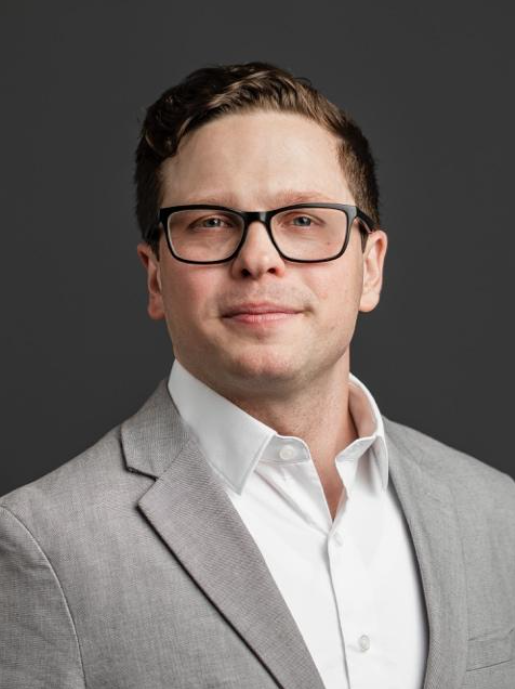Thomas Schutzius
University of California Berkeley
Seminar Information
Engineering Building Unit 2 (EBU2)
Room 479
Seminar Recording Available: Please contact seminar coordinator, Jake Blair at (j1blair@ucsd.edu)

Crystallization fouling, a process where scale forms on surfaces, is pervasive in nature and technology, negatively impacting the energy conversion and water treatment industries. Despite significant efforts, rationally designed materials that are intrinsically resistant to crystallization fouling without the use of active methods like antiscalant additives remain elusive. This is because antiscalant surfaces are constructed today without sufficient reliance on an intricate but necessary science-base, of how interweaved interfacial thermofluidics, nucleation thermodynamics, and surface nanoengineering control the onset of nucleation and adhesion of frequently encountered scaling salts like calcium carbonate and calcium sulfate. Such scaling salts are common components of fouling deposits in industrial heat exchangers and membranes, which significantly inhibit heat transfer and flow performance. I will present my recent work on the development of innovative materials and systems addressing these challenges. I will focus on our findings related to understanding the fundamentals of scale nucleation and adhesion and how we use this to rationally engineering intrinsically scalephobic surfaces based on the collaborative action of their composition and topography.
Dr. Thomas Schutzius is an Assistant Professor at the University of California, Berkeley where he leads the Laboratory for Multiphase Thermofluidics and Surface Nanoengineering (MTSN). His research intersects the multidisciplinary fields of energy, surface science and engineering, and thermofluidics, and his experimental work captures the fundamental dynamics of interfacial and micro-nanoscale transport phenomena. Dr. Schutzius is a recipient of the prestigious ERC Starting Grant, which supported his research on understanding the fundamentals of limescale formation on surfaces (scaling) and using this knowledge to rationally engineer "scale-phobic" surfaces. In 2020 he received the ETH “Golden Owl” Award for excellent teaching and was a nominee for the KITE Award 2022 recognizing innovation in teaching. During his graduate studies, he was the recipient of the Dean’s Scholar Award and the UIC Outstanding Thesis Award. He also received the ETH Zurich Postdoctoral Fellowship. In 2018 he was part of the ETH Zurich representation to the prestigious Global Young Scientist Summit (GYSS) in Singapore.
